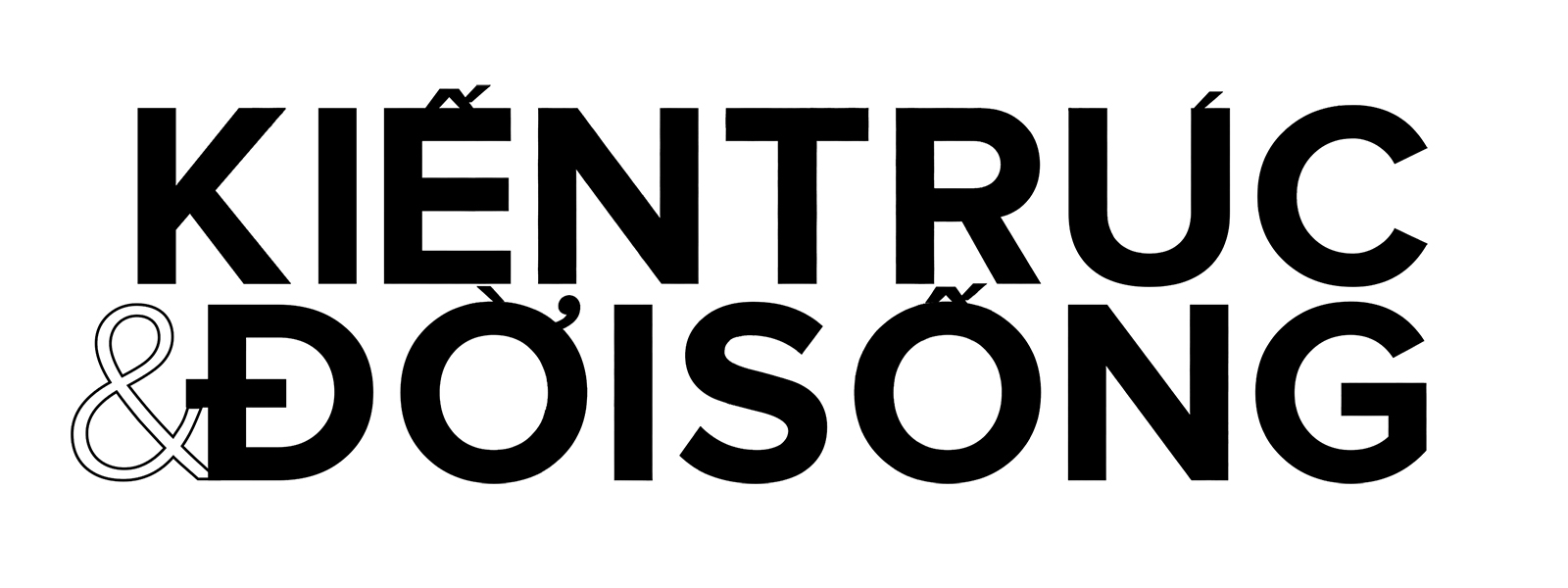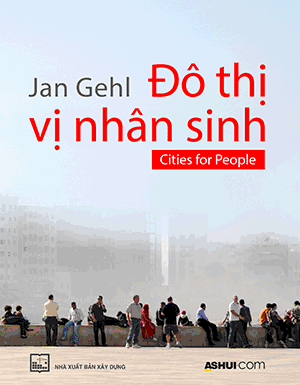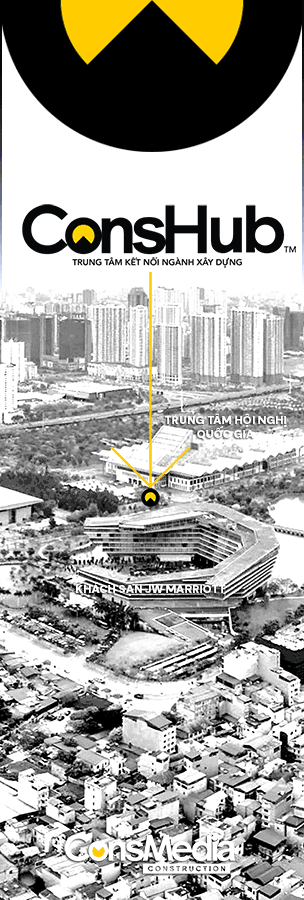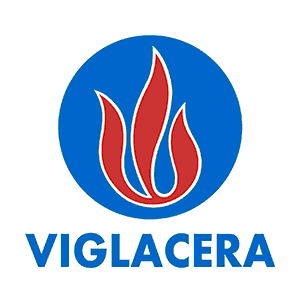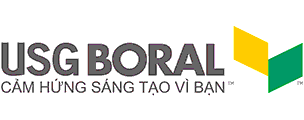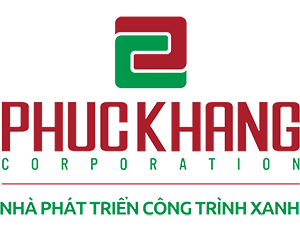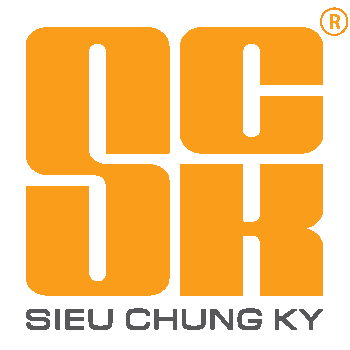In the past, many foreign investors in the real estate sector mobilised capital from the country’s people. According to many experts in the field, this limited the possibility of taking the best advantage of these investors’ financial resources. What is your opinion on the matter?
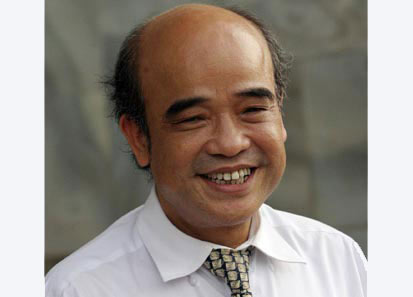 In the past, many foreign investors invested in Viet Nam with real estate projects such as Ciputra and Keangnam in Ha Noi and the Phu My Hung New Urban Area in HCM City. These projects have caused much controversy in regards to payments for land use and operational methods.
In the past, many foreign investors invested in Viet Nam with real estate projects such as Ciputra and Keangnam in Ha Noi and the Phu My Hung New Urban Area in HCM City. These projects have caused much controversy in regards to payments for land use and operational methods. In my opinion, the purpose of calling for foreign investors is to make up for the difficulties that Viet Nam has to face, such as the current shortage of capital. In the real estate sector, the country has many advantages with land, labour and the market. We should take advantage of these things, as well as the financial resources of foreign investors.
The fact that foreign investors have been mobilising capital from the country’s people indicates that we have not been able to take proper advantages of foreign direct investment in real estate. In fact, foreign investors are using Viet Nam’s policies to make profits for their projects.
Does that mean that we have not taken advantage of the financial potential of foreign investors?
With the policy to sell housing by signing contracts before a project is complete, we can mobilise savings from those who want to buy homes. However, if this policy is applied to foreign investors, we cannot take advantage of the foreign direct investment that they should be bringing into Viet Nam’s market.
There are many foreign invested real estate projects that call for registration to buy houses in a similar way that domestic investors mobilise capital from people. Thus, we have not been able to take the best advantage of foreign investors’ financial resources.
Do you have any suggestions so that the country can take advantage of foreign investors’ financial and technological resources while remaining attractive to them?
The country should research real estate models and housing projects in other countries, which are quite different from ours. Few countries allow foreign investors to do their business directly, but rather require that domestic banks are involved. Through these banks, the control of investments and the selling process can be carried out.
In fact, many countries are using the "housing co-operative" model, a model that Viet Nam only recently applied. With the application of this model, we are able to know the purpose of the clients buying houses, like whether it is for personal use or to sell.
Meanwhile, the relationship between housing supply and demand is still irrational, affecting social welfare and security. With the market elements being pushed higher than it should be, the real estate market in Viet Nam has lost its stability because social welfare has not been ensured.
Tin mới hơn:
- New property tax law could fuel land crunch, speculation
- National Assembly ponders easier rules for Viet kieu
- The Thieu Phuong Imperial Garden to be restored
- Real estate market shows resilience
- HCM City attracts 25.6 billion USD in FDI
Tin cũ hơn:
- Housing developer deploys new method to seek capital
- Vung Tau starts to build third five-star resort: Crown Land Long Hai
- Vietnam expects lower FDI attraction this year
- Major southern bridges, highways to be completed this year
- Real estate 2008: hot at first, cold at close







